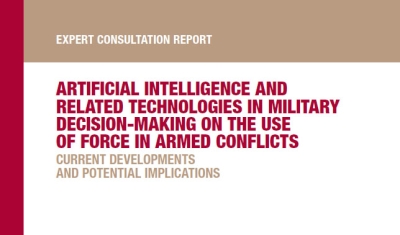16 May 2022
Mona Koehler-Schindler works as an Associate Human Rights Officer on Anti-Terrorism Issues at the OSCE Office for Democratic Institutions and Human Rights (ODIHR).
Prior to joining ODIHR, she served as a member of NATO’s International Staff in Afghanistan and Belgium. From 2017 to 2019, she worked as a Political Advisor to the NATO Senior Civilian Representative to Afghanistan, providing political assessments and supporting civil-military cooperation in the country. Before that, she served in different capacities at NATO headquarters in Brussels, including in the Counter-Terrorism Section, the Science for Peace and Security Programme and the Strategic Analysis Capability Centre. Previously, Mona worked amongst others for the German Federal Enterprise for International Cooperation (GIZ) in the Police Programme Africa, focusing on security sector reform in the counter-terrorism context.
Mona holds a Master’s Degree in International Relations from the University of Aberdeen and is currently enrolled in our Executive Master on the International Law of Armed Conflict.
In this interview, she tells about the programme, online learning and what this will bring to her career.












